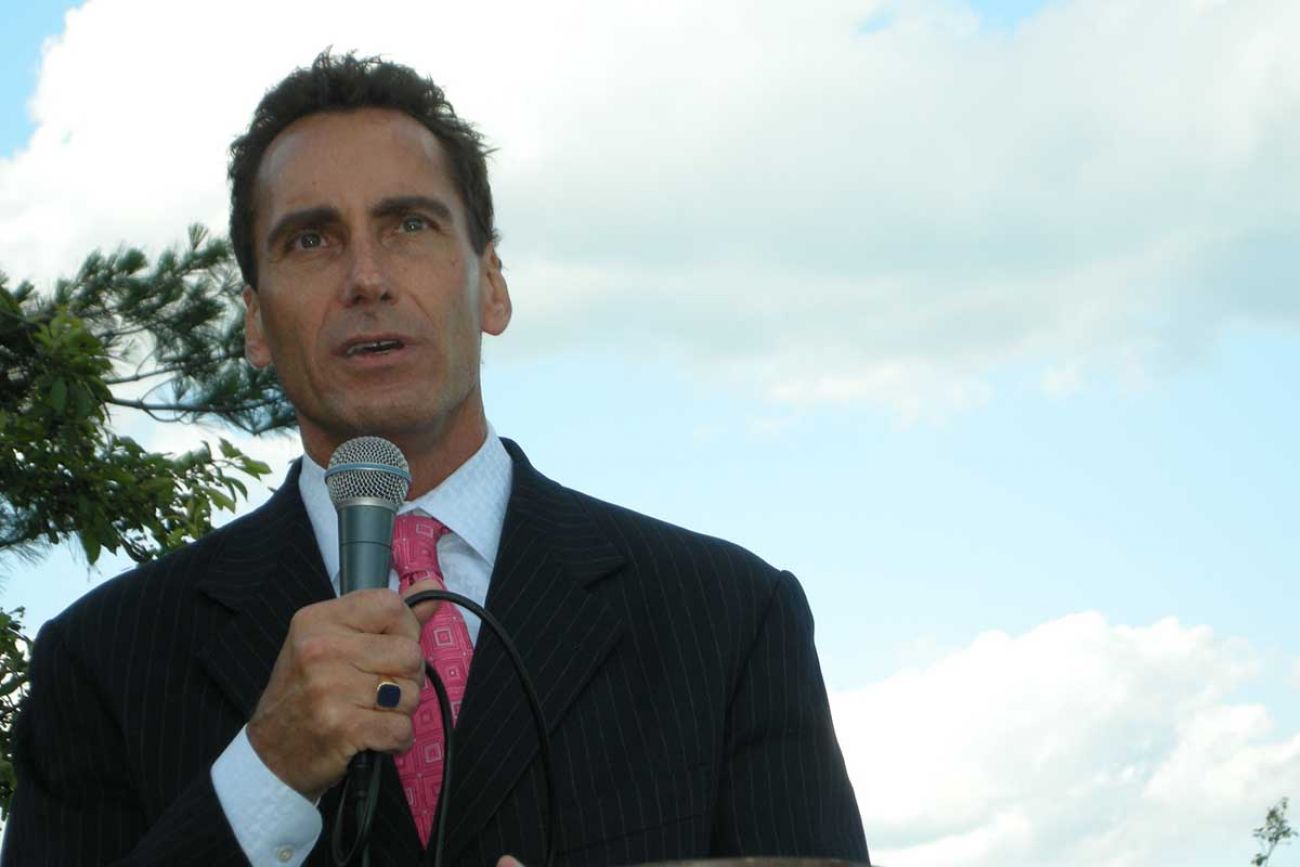Opinion: Fox meet henhouse ‒ what happens if industry runs Michigan DEQ

Feb. 2019: Michigan Republicans kill Gov. Gretchen Whitmer’s environmental overhaul plan
Feb. 2019: Few love MDEQ. But are oversight panels worth Whitmer-GOP showdown?
May 2018: Michigan House approves bills letting industry vote on environmental rules
On Valentine’s Day, the Michigan Chamber of Commerce and Michigan Farm Bureau wrote a love letter to two bills currently in the state legislature that would create two oversight boards for the state Department of Environmental Quality (DEQ).

In reality, it was a love letter to themselves. These bills, SB 652 and 653, don’t fix problems, they create them. In short, they put the fox in charge of the hen house, as industry would have final say on any administrative rule or permit that comes out of the DEQ.
Related: Michigan’s DEQ needs reform. Oversight boards are a common sense solution.
Related: Senator wants to defang the ‘radical’ Michigan DEQ. He just may do so
Despite claims by bill proponents that the rulemaking process doesn’t work well and is cloaked in secrecy, the opposite is what happens in reality. Stakeholders are brought to the table and sometimes work for years refining a draft rule that is then required to go through a lengthy public comment period.
Michigan Environmental Council has sat on many workgroups over the years, and has been joined by Michigan businesses, industry and agricultural proponents who have worked together to create a final product.
Senate Bill 652 seeks to change how rules are adopted by giving an industry-controlled board the authority to kill a rule package at the end of those years of hard work. Current law gives that authority to the department director who is directly accountable to the elected Governor, instead of an unelected panel of special interests.
Senate Bill 653 is no better in giving a similar panel final decision-making authority on permits that can change anything in a permit that a permit applicant, and only an applicant, wishes. There is no corresponding provision for a member of the general public that thinks a permit is too lax; the bill gives a permit applicant the sole discretion to apply. Instead of a system to protect public health, it sets up a system to protect those companies asking permission to pollute Michigan’s environment.
Additionally, this board creates the open question of what happens when the board makes a change to a permit condition that the DEQ director believes is contrary to state or federal law? As a constitutional officer, the DEQ director must uphold state and federal law and could not allow the department to enforce a permit that is contrary to it. It seems the state would have to sue itself to challenge the permit (that it has just issued) creating more uncertainty and wasteful government spending.
As icing on their cake, the industry representatives can only be removed “for cause,” as opposed to the department director who can be dismissed at any time by the governor. And these industry representatives do not even have to be Michigan residents. Instead, the proponents of the bills are okay with someone from Canada representing Enbridge having a vote on how Michigan should clean up oil spills, or someone from Nebraska casting a deciding vote on whether an iconic dune area should be subject to mining.
Those special interests have no personal stake in the Great Lakes and don’t recognize their importance to our economy, our communities and our families.
We agree with Mr. Studley and Mr. Bednarski that the DEQ is not perfect; chronic underfunding has made fulfilling its mission a challenge. Following the Flint water crisis, with PFAS contamination threatening aquifers and Lake Erie choking in algae, we need to think about how DEQ performs its mission to protect our environment.
SB 652 and 653 do nothing to address what happens when the health of Michiganders is put at risk. Ultimately, SB 652 and SB 653 will hinder the DEQ in protecting the people and environment of our great state and should be voted down by our elected leaders.
See what new members are saying about why they donated to Bridge Michigan:
- “In order for this information to be accurate and unbiased it must be underwritten by its readers, not by special interests.” - Larry S.
- “Not many other media sources report on the topics Bridge does.” - Susan B.
- “Your journalism is outstanding and rare these days.” - Mark S.
If you want to ensure the future of nonpartisan, nonprofit Michigan journalism, please become a member today. You, too, will be asked why you donated and maybe we'll feature your quote next time!

